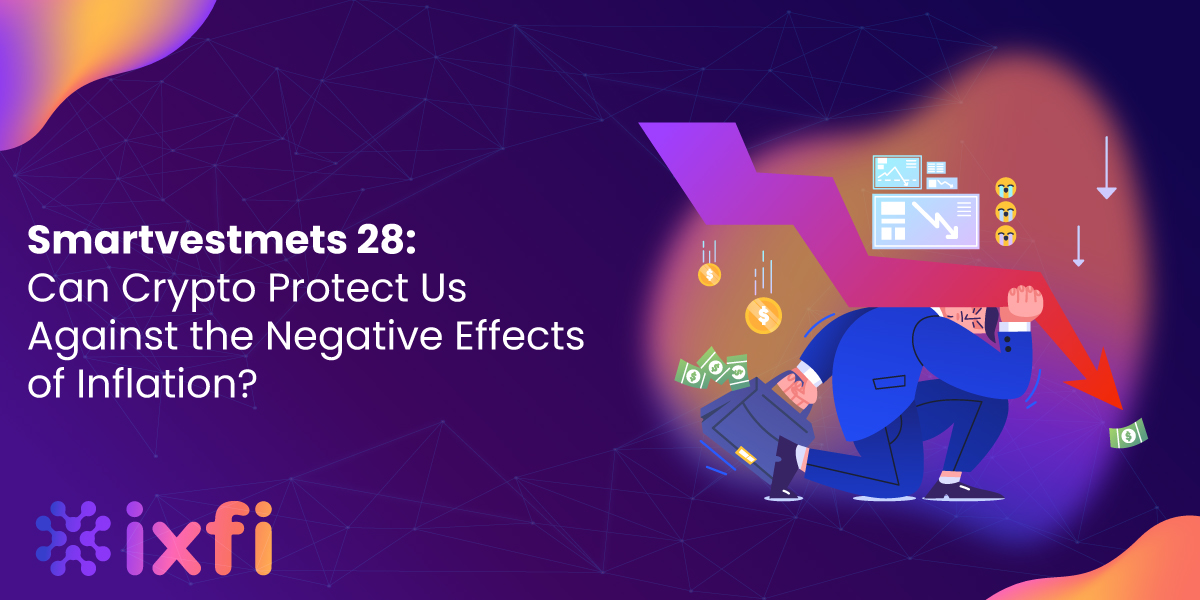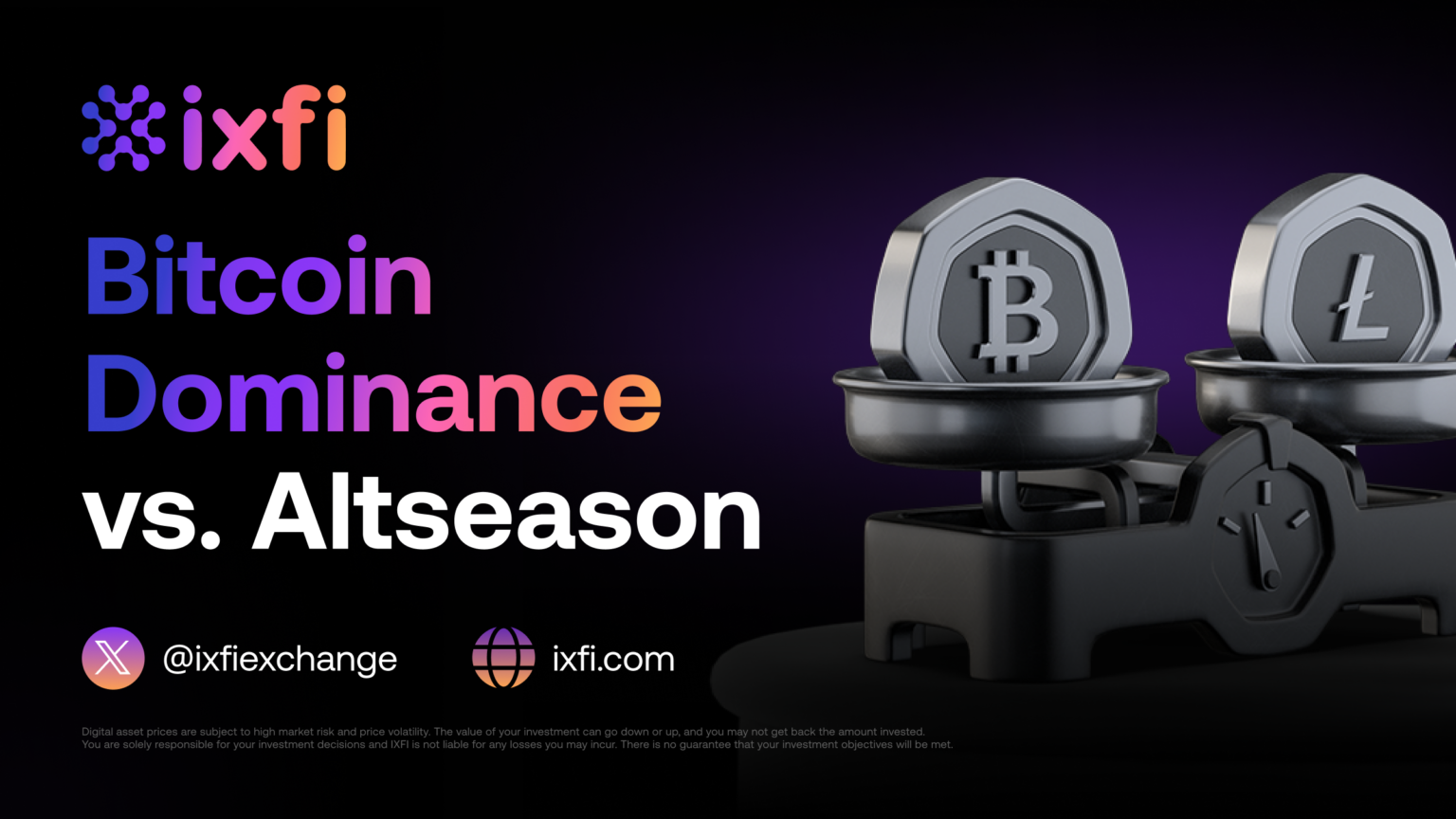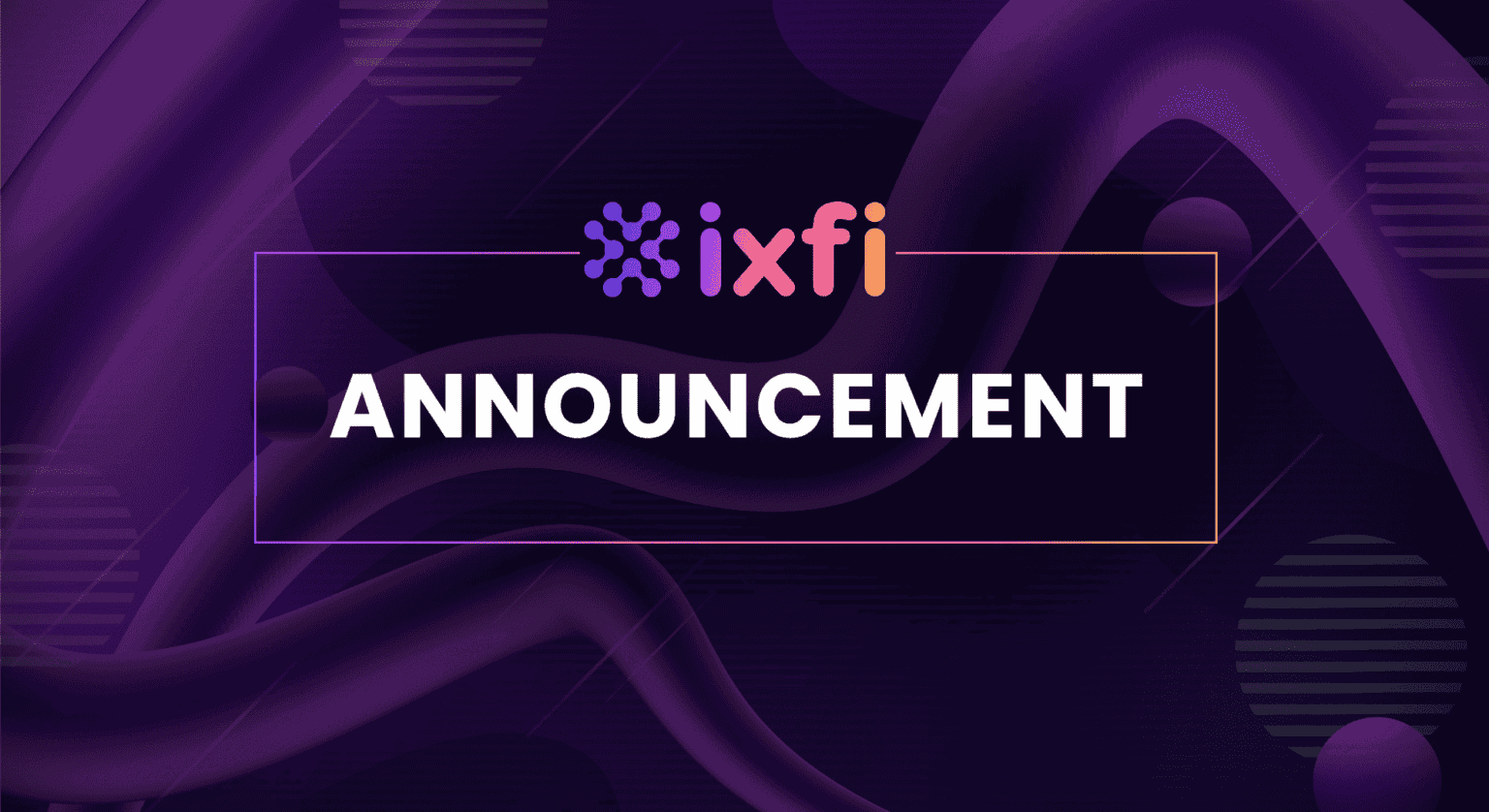What is Inflation?
Everyone is talking about how we might find ourselves at the beginning of an economic crisis that will deepen into the future because of the issues we are confronting on a global scale. Among logistic difficulties and food supply problems, inflation is above average. As a result, the Gross Domestic Product (GDP) growth rate of The United States of America is showing negative results: -4%, falling for the first time after Q2 2020. Inflation represents the growth of goods and services prices’ that people buy from a specific place. While the prices are going up, the money’s purchasing power is going down, but a 2% inflation is considered normal. There is also stagflation and inflation, but these are not seen as good since the world ends up after that:
· the population is in outstanding debt
· the unemployment rate goes up
· there is not enough money in circulation
The inflation is calculated using CPIs’ (or Consumer Price Indexes) that measure the percentage variation of a basket of goods and services consumed by the population. As a result, certain companies from certain domains of activity can raise their price at a different pace, and means are calculated each quarter.
Why do we need to protect our money from Inflation?
As time goes by, we buy way fewer goods and services with the same amount of money, which can easily be observed by anyone living in a big city. That is why economists and specialists do not recommend keeping our money in cash or economy accounts that offer up to 2% interest. When inflation goes double-digit during periods of economic uncertainty, when inflation goes double-digit, it’s essential to oversee our budget and portfolio and try to reduce the monthly spending as much as possible. In addition, it’s necessary to correctly appraise the progress made at the personal workplace to prepare for an annual raise. On the other hand, we should search for safe methods to invest our economies to keep pace with inflation.
How can we protect our money? Using what methods?
There are several methods that investors can use, depending on the amount of money they are willing to protect, the period of investment, and how much liquidity they desire. For example, in economically-stable years, when the inflation is 2%, government bonds with a 5% return represent a good alternative. But given the current inflation, we need to find something better.
· Gold and Commodities
Gold has proven that it works as a protecting umbrella for economies under siege one more time. It has skyrocketed recently due to the war between Russia and Ukraine, the record inflation worldwide, and the United States of America rising its interest rates.
· Real Estate
This investment class is a little more complicated and requires more calculus. However, when the inflation goes up, the property’s value automatically goes up, which is extremely good if we are the house owner. On the other hand, if interest rates for new loans are affected, the monthly rates go up. Therefore, if we make a loan using a variable interest rate, we can ask for refinancing with a fixed interest rate for the next five to seven years.
· The Stock Market
As prices go up, the purchasing power decreases so that companies will make less profit, and the stock market will go down – or at least, this would be the logical process. But it works differently, depending on the type of equity we wish to purchase. For example, the so-called value stocks perform well when the inflation is high, but growth stocks tend to do better when the inflation is under normal conditions. An inevitable fact is that the stock market is way more volatile when inflation is high, and indices like S&P 500 are bearish.
How can the cryptocurrency market help?
Cryptocurrencies offer way bigger returns than any other asset class and seem to be the preferred option for countries that suffer from significant inflation or hyperinflation. For those that live in economically-uncertain areas or countries, this digital asset class is not seen as risky as a European might perceive it. The whole market behaved exemplarily even when the Ukrainian invasion began, suffering a minor correction in the beginning but rebounding shortly after. Whether the cryptocurrency market is a viable option during inflation is still debated. The problem is simple: it is a young market. It has simply been around for a while and has seen too few global stressful moments.
Deflationary cryptocurrencies such as Bitcoin
The deflationary nature of some cryptocurrencies might be one of the solutions to protect money against inflation. However, when it comes to deflationary tokens, the supply might decrease over time instead of increasing, so their value naturally grows if the demand stays the same. Because of this, Bitcoin is often compared to gold (or to its digital version). However, looking over the numbers, we can observe that the 2021 inflation did not destabilize the crypto market. This is because Bitcoin was specially built to resist challenging financial periods and especially inflation. After all, it has a maximum supply of 21 Million coins.
If you’re ready to take some steps and protect yourself from inflation’s negative impact, register on IXFI and discover all the benefits Your Friendly Crypto Exchange has to offer.
Disclaimer: The content of this article is not investment advice and does not constitute an offer or solicitation to offer or recommendation of any investment product. It is for general purposes only and does not take into account your individual needs, investment objectives and specific financial and fiscal circumstances.
Although the material contained in this article was prepared based on information from public and private sources that IXFI believes to be reliable, no representation, warranty or undertaking, stated or implied, is given as to the accuracy of the information contained herein, and IXFI expressly disclaims any liability for the accuracy and completeness of the information contained in this article.
Investment involves risk; any ideas or strategies discussed herein should therefore not be undertaken by any individual without prior consultation with a financial professional for the purpose of assessing whether the ideas or strategies that are discussed are suitable to you based on your own personal financial and fiscal objectives, needs and risk tolerance. IXFI expressly disclaims any liability or loss incurred by any person who acts on the information, ideas or strategies discussed herein.




